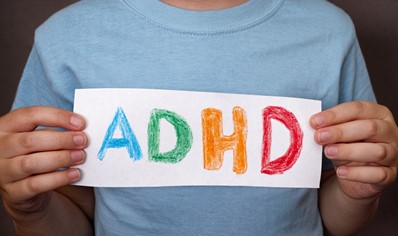
A Pediatrician Explains: The Importance of Sleep for Children and Teens
September 22, 2022
A Pediatrician Explains: The Importance of Sleep for Children and Teens
A good day begins with a good night’s sleep. It’s true for adults—and especially true for the youngest members of the family.
Do you need help getting your baby, toddler, child, or teen on a better sleep schedule?
Keep reading for some great advice from North Texas pediatrician Dr. Mary Strength.
Why is a good night’s rest so important?
Growing brains work hard at school, at home, and even at play. When your child sleeps, they build back the energy they used during the day.
Sleep helps children and teens to:
- Recharge their brains and bodies
- Improve concentration and focus
- Have stronger memory
- Be more creative
How much sleep does my child need?
Throughout the day and night, humans move through cycles of being wide awake, growing tired and falling asleep. This is often called a person’s “body clock.”
The body clock changes according to your child’s age. Although every person is different, you can use the following guidelines to help you plan for your child’s sleep needs.
|
Age |
Hours of Sleep Needed per Day |
|
Newborns (0 to 2 months) |
16 to 18 hours (3 to 4 hours at a time) |
|
Babies (3 months to 1 year) |
12 to 16 hours (including naps) |
|
Toddlers (1 to 2 years) |
11 to 14 hours (including naps) |
|
Young Children (3-5 years) |
10 to 13 hours (including naps) |
|
School-aged children (6 to 12 years) |
9 to 12 hours |
|
Teenagers (13-18 years) |
8 to 10 hours |
Learn more as Dr. Strength discusses sleep needs during different stages of childhood.
What is sleep debt?
There may be times when your child does get enough sleep for several days in a row. The effect on their brains and bodies is called “sleep debt.”
Sleep debt can lead to physical, mental, and behavioral problems.
You might notice that your child:
- Has trouble waking up in the morning
- Falls asleep at school
- Craves caffeine
- Lacks interest, motivation, or attention
- Is forgetful
- Is moody or irritable
Once your child gets a few days of quality sleep, these symptoms should go away. If they don’t, or if you notice new sleep problems, you should call the doctor.
Toddlers and preschoolers should visit the doctor for:
- Problems breathing during sleep
- Chronic snoring
- Being irritable, hyperactive, inattentive, or sleepy
- Having a hard time switching from many naps to just one per day
- Sleepwalking or nightmares
School-aged children should visit the doctor for:
- Being overly tired at school
- Needing regular naps
- Loud breathing or snoring
- Being restless at night
- Any new night terrors or sleepwalking
Dr. Strength explains how sleep debt can impact your child—and what to do about it.
Help Your Child Get a Good Night's Sleep
Does your child have a hard time settling down at the end of the day? It’s a common struggle.
Even when children are extremely sleepy, they may try to stay awake.
Set your child up for success. Try one or two of these tips over the next days:
- Keep a regular sleep schedule.
- For children age six or older, limit or eliminate daytime naps.
- Encourage your child to exercise every day.
- Do not serve sugary or caffeinated drinks in the evenings.
- Create a relaxing evening routine.
- Create a comfortable, quiet sleep environment.
Each week, add another new habit. Step by step, you’ll help your child establish routines that lead to a better night’s sleep—and a better day at school and at home.
Dr. Strength shares additional ways to help your child get the sleep they need.
Do you need insurance for yourself and your children?
Texas STAR (Medicaid) and Texas CHIP provide healthcare for low-income families, children, and pregnant women at low or no cost.
Already a Parkland Community Health Plan member?
Visit our Member Portal to search for doctors near you.



